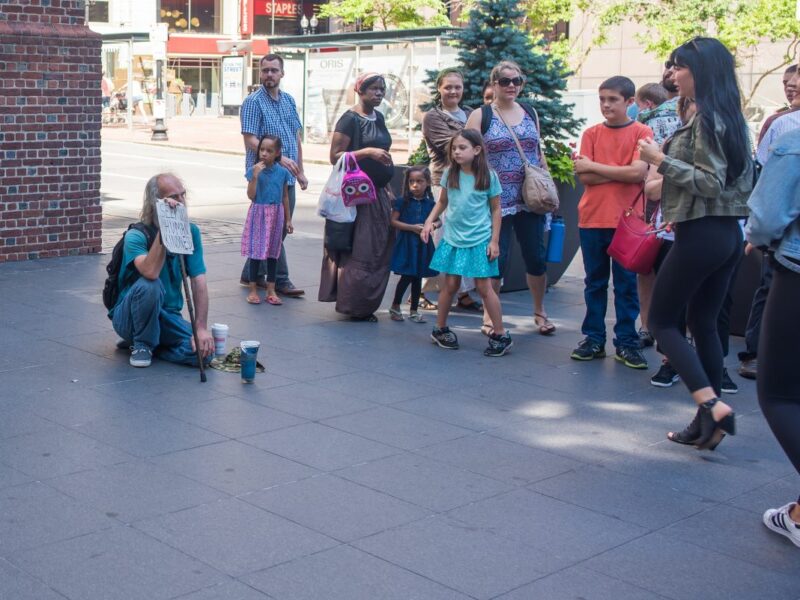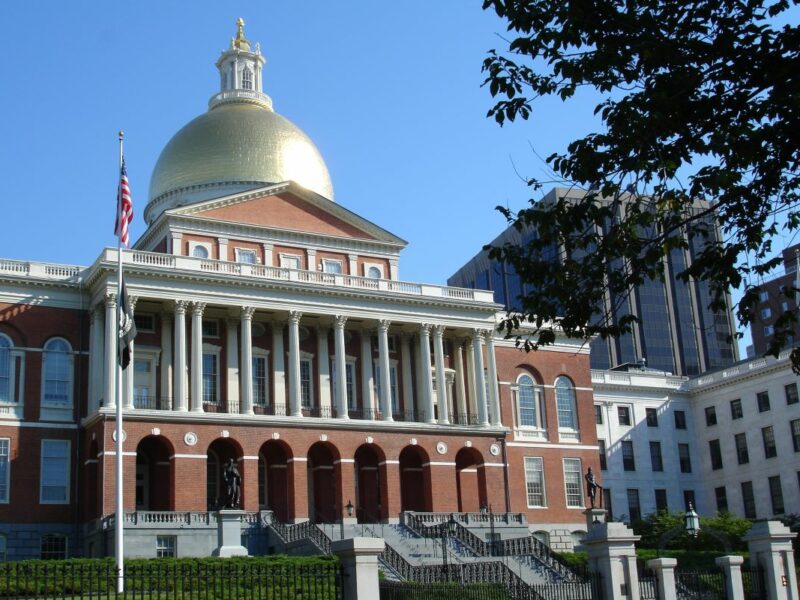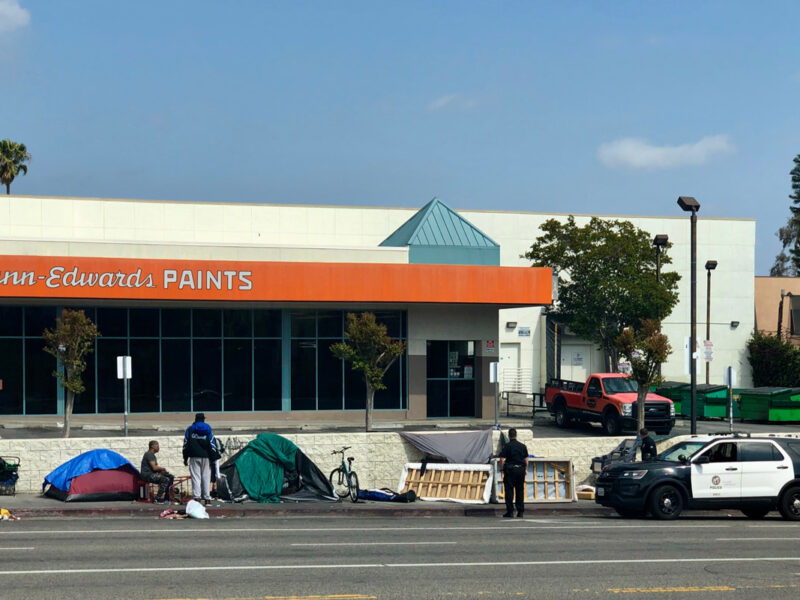The Justice40 Initiative Supports Clean, Sustainable Housing Construction and Climate Investments
There are times when seeking justice can be exhausting. Newsfeeds and social media timelines are inundated with imagery and literature showing a planet and a people in shambles. And this, for us, is the homepage: so many causes and so little time. At least, that’s how it seems.
We need to seriously consider the fact that many causes are linked to each other, intertwined like knots in a thin-linked necklace, each knot contributing to a subsection of the destruction. For this reason, it makes more sense to tackle issues like housing, homelessness, and sustainability together by finding a common thread between them.
Justice40 Initiative Overview: Which Causes are Tied to this Program?
Enter Justice40, an initiative designed to address decades of environmental injustice by supplying disadvantaged and marginalized communities with the tools to combat climate change, energy burden, pollution, and various other components classified as environmental hazards. The following councils spurred this joint initiative:
- the White House Environmental Justice Interagency Council
- the Council on Environmental Quality
- the White House Office of Domestic Climate Policy
- the Office of Management and Budget
The program is tied to President Biden’s Executive Order 14008, which aims to tackle the climate crisis on a national and international level. Justice40 is a unique program, the first piece of climate legislation to allocate 40% of the overall benefits of designated Federal investments to communities facing the brunt end of environmental injustice.
With that end goal in mind, Justice40 vows to make the following investments as listed below:
- Affordable housing
- Sustainable housing
- Remediation and reduction of legacy pollution (this is defined as contaminants that stay in the atmosphere years after they were first introduced, often at a time when they were not recognized as toxic)
- Clean energy access
- Development of clean water infrastructure
- Wastewater treatments
- General climate change and more
Reallocating and Directing Funds to Disadvantaged Communities
Ensuring these disadvantaged communities reap the program’s benefits is challenging but not impossible. According to the White House, it does require “fundamental and sweeping reforms,” which are further detailed in the Interim Implementation Guidance Memorandum.
In brief, the 13-page document calls for the following:
- Managing covered programs
- Identifying and distributing benefits
- Calculating and reporting results and more
The Justice40 Initiative aims to aid areas hit hard by environmental racism and economic devastation by encouraging clean, sustainable housing construction and climate investments.
Why is the Program So Important?
People experiencing homelessness are disproportionately and adversely affected by climate change and global warming. They are currently 200x more likely to die from extreme heat incidents and statistically more likely to incur fatal injuries during storms.
During weather-related emergencies, this vulnerable population needs the most help, but they qualify for the least aid. In fact, FEMA is notorious for denying any sort of financial compensation to homeless people who lose their makeshift shelters and possessions when extreme weather hits.
Proof of address is a requirement for most emergency aid applications, meaning that once the storm has passed, people enduring the horrors of homelessness are worse off than they were at its inception. And these are the fortunate people who survive.
Poverty and homelessness contribute to inaccurate death counts, a multi-pronged dilemma leading to underfunding people in need.
Scientists project that storms will become more common and intense as the earth heats up and the sea levels rise. People who are not yet homeless but are at risk of homelessness due to extreme poverty, severe-rent burden, or sudden, unexpected loss have already been relegated to high-impact locations in subpar housing units. This makes them more likely to bear the brunt of these future superstorms.
As the world braces for a future full of spreading wildfires and twisting hurricanes, the concept of homelessness and climate change has stirred up new, meaningful conversations. But those words of wisdom are fruitless without actionable plans like Justice40 in place.
Take, for example, Hurricane Ian, the latest and deadliest hurricane to hit the Florida coast. At the time the Category 4 force made its way to the Sunshine State, there were already at least 27,487 homeless locals waiting in the winds, lacking the resources to escape or, in many cases, even survive, let alone remain afloat in the aftermath of the destruction.
The spiral continues in the hurricane’s wake, as CBC News reports that nearly 10,000 more people were moved from their homes to emergency shelters.
Now is the time to do more than talk about the intersection between homelessness and climate change. We must immediately plan for a future rooted in sustainable, affordable housing for all.
What the Justice40 Initiative Proves
An intrinsic link between homelessness and climate change is being recognized through government legislation, perhaps for the first time. We have a limited window to save the planet from peril. That battle is already underway, alongside the railroad tracks and underpasses, and in some cases, it is right in our own backyards.
Talk to your legislators about supporting Justice40 and other programs that tie economic justice with climate causes and initiatives.













